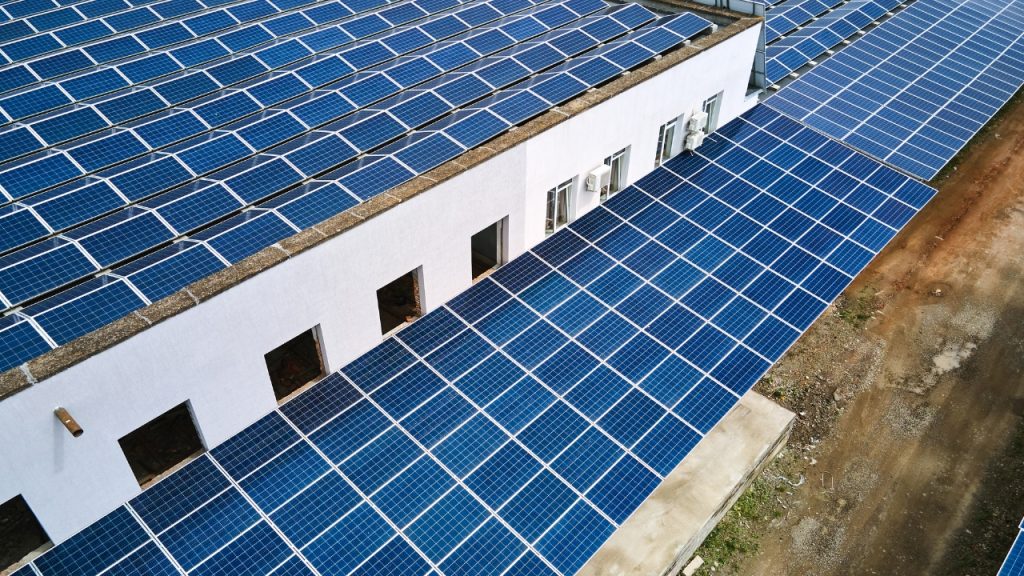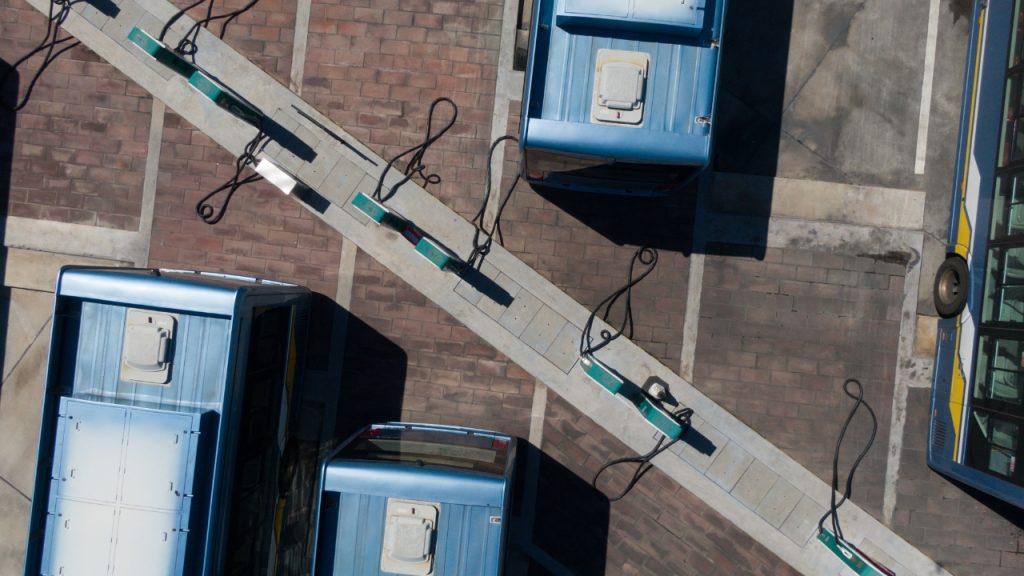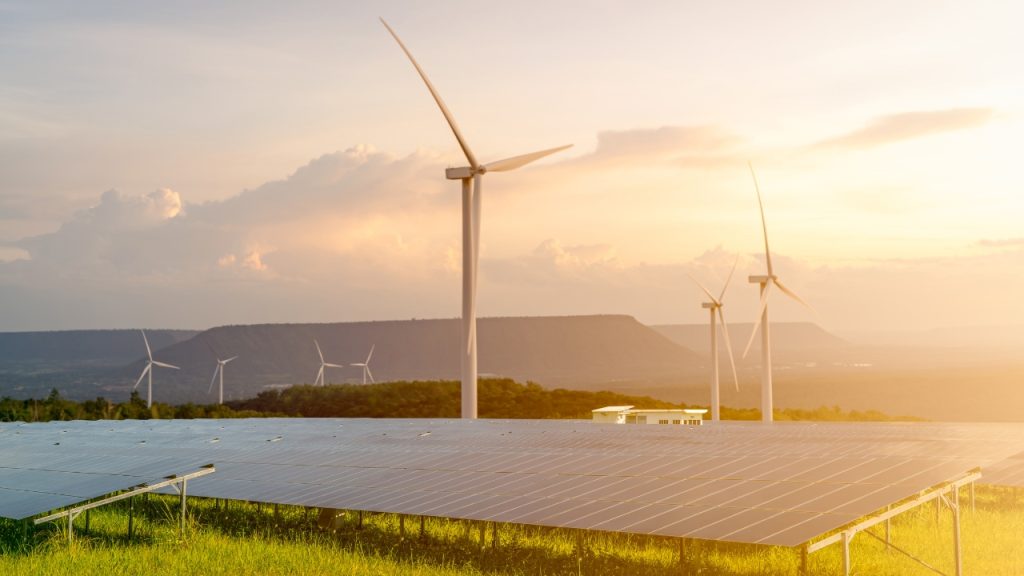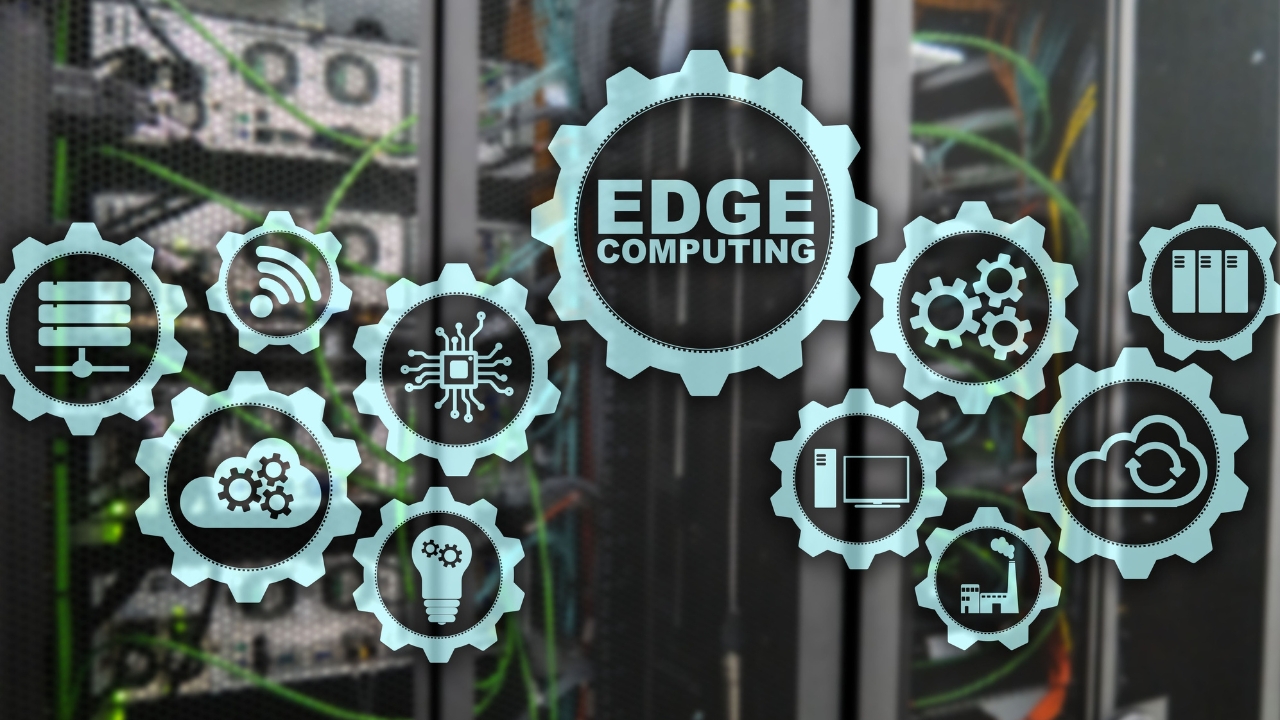In a world increasingly concerned about environmental impact, sustainable technology innovations are driving a powerful transformation across industries. The convergence of technology and sustainability is not only reducing carbon footprints but also reshaping business strategies, enhancing operational efficiency, and creating a positive impact on the planet. Here, we delve into the realm of sustainable tech innovations and their profound implications for greening the business landscape.
The Imperative for Sustainability
As the effects of climate change become more evident, businesses are under growing pressure to adopt eco-friendly practices. Sustainable technology emerges as a catalyst, offering solutions that not only address environmental concerns but also align with economic interests.
Renewable Energy Revolution

Renewable energy sources, including solar, wind, hydro, and geothermal power, are at the forefront of sustainable tech innovation. Businesses are increasingly investing in on-site renewable energy generation, not only to reduce their reliance on fossil fuels but also to gain energy independence and long-term cost savings.
Energy Efficiency and Smart Systems
The integration of technology and data-driven insights is enabling businesses to optimise energy usage. Smart building systems, IoT-connected devices, and advanced energy management platforms offer real-time data for efficient resource allocation, minimising waste, and reducing energy consumption.
Circular Economy and Sustainable Design
Innovations in sustainable design are shifting the focus from a linear “take-make-dispose” model to a circular economy approach. Businesses are designing products with extended lifecycles, easier repairability, and recyclability. 3D printing, for instance, enables on-demand manufacturing using recycled materials.
Transportation Revolution

The transportation sector is undergoing a sustainable transformation through electric and autonomous vehicles. Electric vehicles (EVs) not only contribute to reduced emissions but also lower operating costs. Autonomous vehicles hold the promise of optimised routes, reduced congestion, and improved fuel efficiency.
Waste Management and Recycling Innovations
Technology-driven waste management solutions are diverting waste from landfills. Smart bins equipped with sensors optimise waste collection routes, while AI-driven sorting systems enhance recycling efficiency.
Blockchain for Sustainability
Blockchain technology is enhancing transparency and traceability across supply chains. This is particularly relevant for verifying the origin of raw materials, tracking carbon emissions, and ensuring ethical sourcing.
Building a Greener Business Strategy
Sustainable tech innovations offer a range of benefits for businesses:
- Cost Savings: Energy-efficient practices reduce operational expenses and improve long-term financial viability.
- Enhanced Reputation: Demonstrating a commitment to sustainability enhances brand reputation and attracts environmentally conscious consumers.
- Regulatory Compliance: Adapting to sustainable practices helps businesses meet evolving environmental regulations.
- Attracting Talent: A focus on sustainability can attract a new generation of environmentally conscious employees.
Challenges and Collaboration
While sustainable tech innovations hold great promise, challenges such as high initial costs, technical complexities, and changing regulations persist. Collaboration between governments, industries, and research institutions is essential to drive innovation, overcome challenges, and create a comprehensive transition to a greener business landscape.
A Greener Tomorrow with Sustainable Tech

Sustainable tech innovations are rewriting the rules of business. From renewable energy to circular design and smart systems, technology is ushering in a new era of environmental responsibility. Embracing these innovations isn’t just about staying ahead – it’s about forging a more sustainable, resilient future for businesses, communities, and the planet we all call home.





